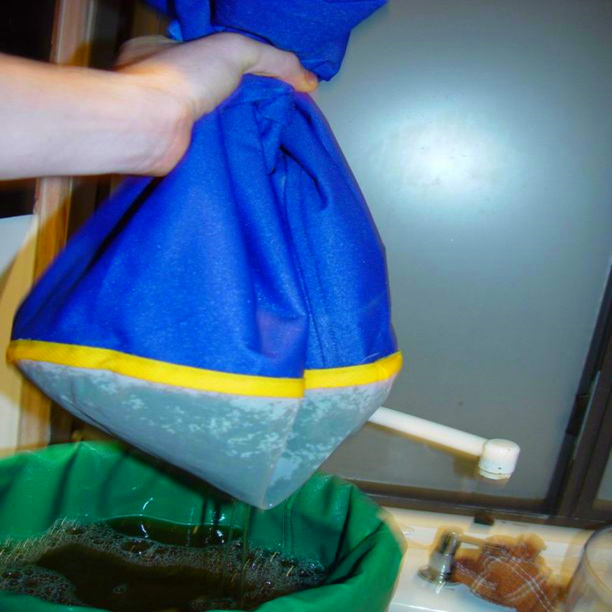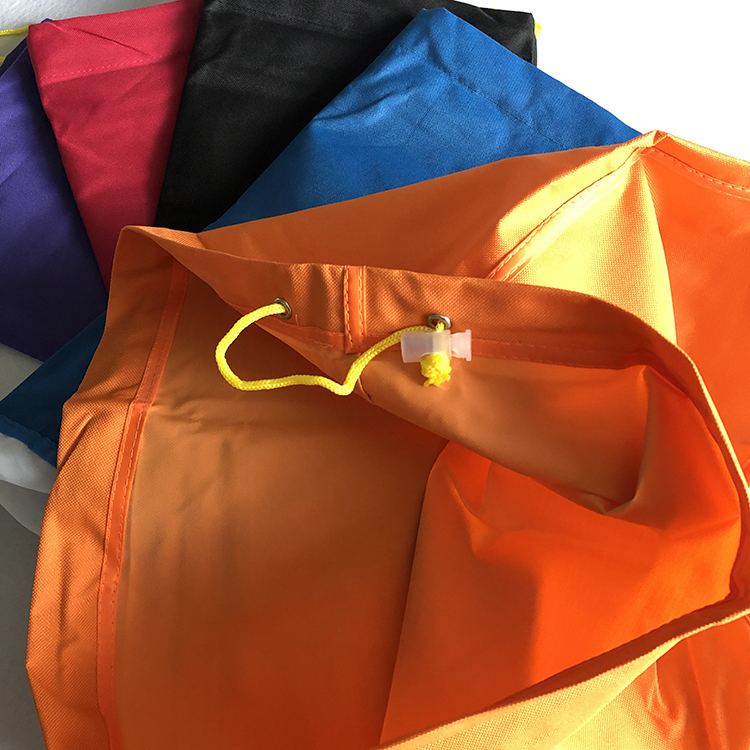
Draining your bubble hash bags faster during the ice water extraction process can save time and help you process larger batches of material more efficiently. Here are some strategies you can use to speed up the draining process without compromising the quality of your hash:

Elevate the bags: Raise your bags on a surface like a drainage rack or sieve to allow the water to drain more efficiently. Elevating the bags reduces the pressure on the bags and lets gravity do more of the work.
Place bags on a mesh screen: If you have a mesh screen or rack that allows water to pass through quickly, use it under the bags to increase drainage speed.
Light shaking: After you’ve finished agitating the mixture (ice, water, and plant material), gently shake the bags. This helps the water flow through the mesh more quickly.
Avoid excessive shaking: Be cautious not to shake too hard, as it can cause plant material to pass through the bags, contaminating your hash. Aim for a steady, gentle motion.
If you’re working with multiple micron bags, set them up so that you can drain them in stages. Once the first bag has drained a bit, carefully lift it off and place the next one in its spot. This allows the water to move quickly through the larger micron bags while the finer bags catch the trichomes.
Gentle manual pressure: Some people use their hands to gently press down on the material in the bags (especially for the larger bags). This can speed up drainage, but be careful not to push too hard, as it can force unwanted plant material through the mesh.
Pressing bag corners: Another technique is to gently squeeze the corners of the bags after they’ve drained for a minute or two. This can encourage any remaining water to flow out more quickly.
More ice water: If you have enough room, adding more cold water can speed up the filtration process by pushing the water through the bags faster. Just be sure not to use too much water, as you want to maintain the correct ratio of water to plant material for optimal extraction.
Pre-soak your bags: Before starting the extraction process, rinse your bags with water. This helps them become more flexible and reduces the chance of clogs, which can slow down drainage. Pre-wetting the bags also ensures the material doesn’t get stuck to the mesh.
Clean out plant matter: After each round of filtering, make sure to clean the bags thoroughly before moving on to the next micron size. Plant material left inside the bags can clog the mesh, slowing down the overall drainage process.
Instead of allowing all the water to flow out at once, some people allow it to drain slowly over a longer period. This can prevent clogging and might increase efficiency in the long run by letting finer particles settle before filtering.
After the extraction, gently blot the hash bags with a clean towel or sponge to absorb excess water. This can help to speed up the final drying process, though it won't accelerate the initial drainage of water through the bags.
Pressing the bags: Once the water has been drained out and you've collected the hash, you can use a rosin press or manual pressing techniques (like a towel or a pressing screen) to squeeze out any remaining water from the hash. This step speeds up the drying process, though it’s after the draining has already been done.
While speeding up the drainage process is helpful, it’s essential to keep the integrity of the process intact to avoid contamination and ensure high-quality hash. Rushing drainage too much can cause plant material to pass through the bags, which reduces the quality of the final product. Experiment with these techniques to find the best balance of speed and quality for your extraction.
Contact: Jingda Filter Bags
Phone: +86 15100134172
E-mail: alice@jingdameshfilterbag.com
Add: No.20 Heping Road, Chang'an District, Shijiazhuang City, Hebei Province, China.